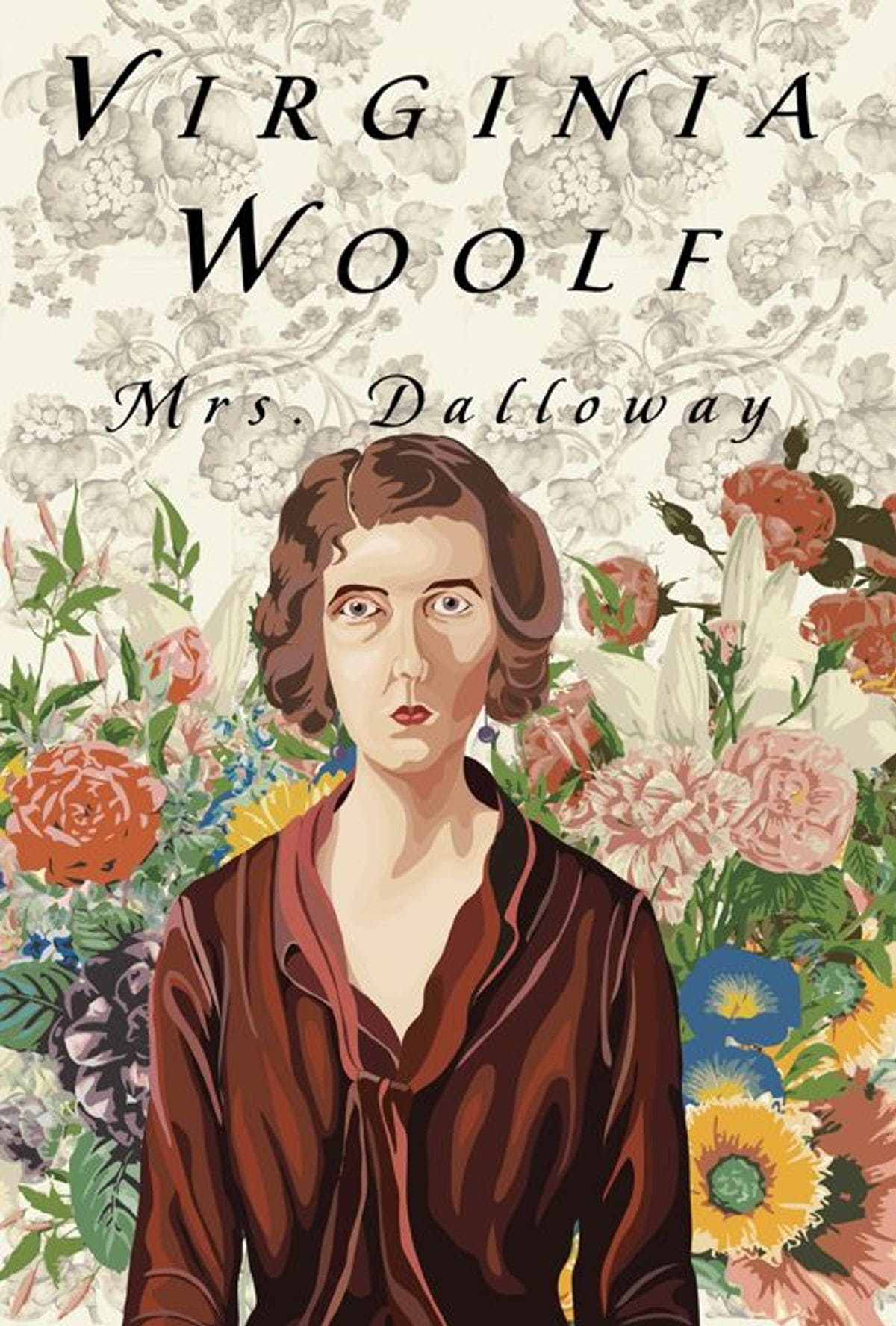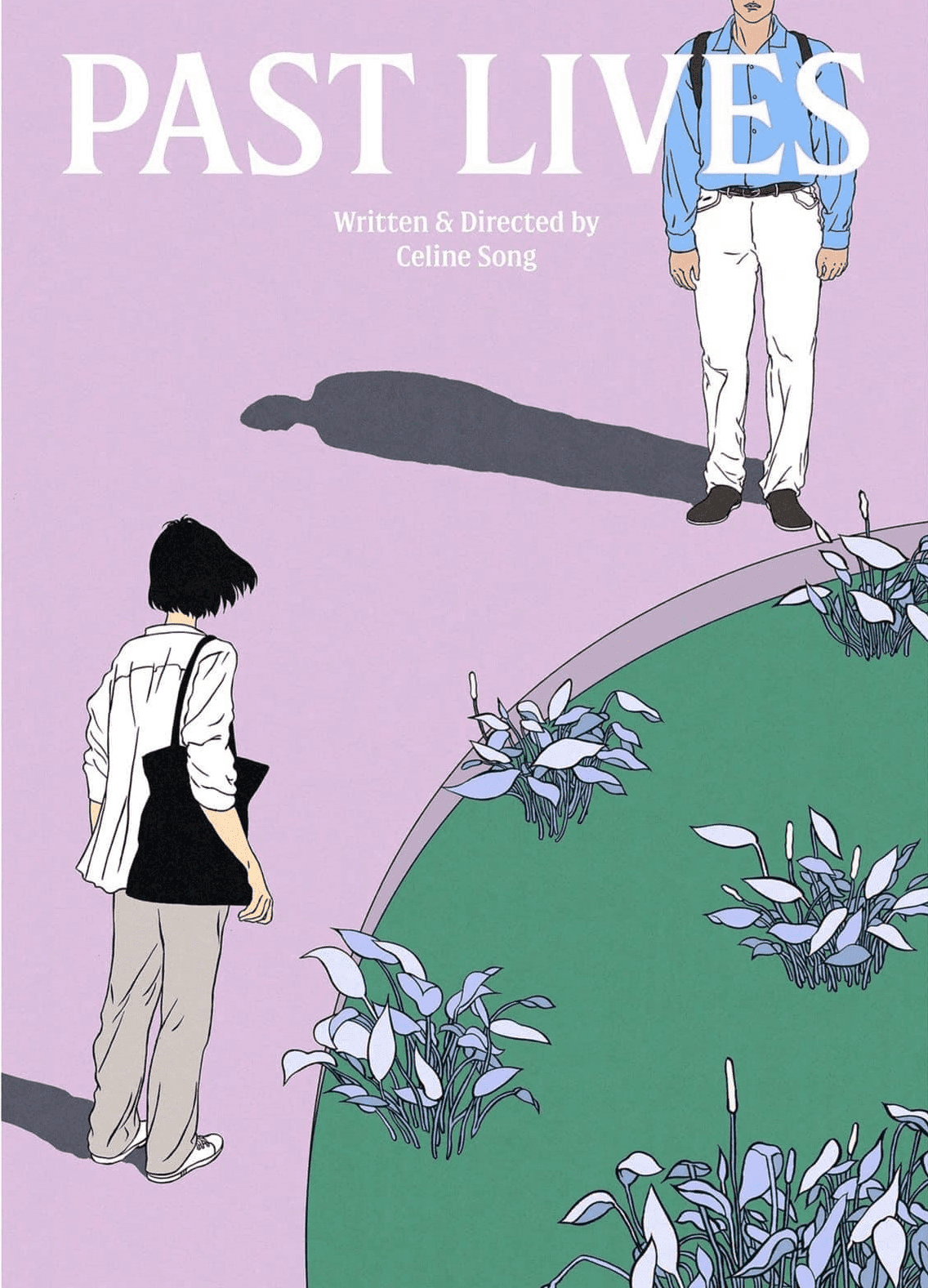“It was extraordinary how Peter put her into these states just by coming and standing in a corner. He made her see herself; exaggerate. It was idiotic. But why did he come, then, merely to criticise? Why always take, never give? Why not risk one’s one little point of view? There he was wandering off, and she must speak to him. But she would not get the chance. Life was that—humiliation.”
There are books that speak (they speak to you, in the second person), that transport you.
This one, in particular, is a repetition of the same subject over and over; that which makes up Clarissa’s personality and life, but it is the writing style based on the stream of consciousness that takes us from the past to the present to the past and to the present in bursts that gives the book a very distinctive clarity. It is a book that has made me go back and forth, remembering and searching; it has been almost a game of hide and seek, because on numerous occasions I have returned to find those same phrases and those same ideas here and there until I realized that the Clarissa from past and present are one and the same; governed by the same laws, even though they have changed in form.
I have been underlining and annotating my books for years because it is an exercise of interaction with the book and its author that I partake in to feel closer to the story. I consider this a basic exercise for a more fulfilling reading experience. On few occasions, a book has made me want to highlight so much, want to mark it so much. It’s mine, this book, these feelings, these phrases. They’re for me. They were written for me to read and I don’t just read them, I accept them and absorb them and make them my own.
Mrs. Dalloway is the withered longing that revives by accident; the renunciation in acts, not in thoughts; the inaction consumed by a lost desire; the humiliation of standing in front of the one who perceives you with eyes that bare the soul, opportunities blown to the wind, passed away, from the past, in that summer village and those years of youth. It is death lurking, waiting at every street intersection or on a windowsill; the feelings of sadness and relief and fear and satisfaction (it is not you) at a loss that weighted; each individual’s capacity for rectitude; the faults that we keep liked sunken stones in our soul (the almosts, the what ifs, the nevers).
It is P͟e͟t͟e͟r͟ “That made Peter think of Clarissa, but he was not in love”; and P͟e͟t͟e͟r͟ “Peter did nothing but think of Clarissa; one could not fall in love twice.”
It is C͟l͟a͟r͟i͟s͟s͟a͟ “But who was Peter to say that life was a piece of cake? Peter, always in love with the woman he shouldn’t have fallen in love with”; and C͟l͟a͟r͟i͟s͟s͟a͟ “Clarissa had to break up with him, otherwise they would both have been destroyed, annihilated. Yet Clarissa had carried him in her heart for years.”
It is R͟i͟c͟h͟a͟r͟d͟ “He was walking through the park, on his way to tell his wife that he loved her, he would say it in those very words. Because it’s such a shame not to say what you feel, he thought”; and R͟i͟c͟h͟a͟r͟d͟ “Richard couldn’t manage to tell her that he loved her, not in those words. He took her hand. Happiness is this, he thought.
It has been such an emotional rollercoaster that I almost feel like I’m part of the group of friends at Bourton in that (those) summer(s) in which Clarissa rejected Peter even though she loved him or precisely because she loved him and in which Peter knew that Clarissa would marry Richard thanks to an irrefutable vision and in which Sally kissed Clarissa, causing her the greatest moment of happiness in her life. I almost feel like Clarissa (and Peter) told me all this while looking me in the eye.
Sooner or later I’m going to need to go back to the beginning of everything because there is Clarissa and there is Peter and there is Sally and there are still no flowers from Richard; those that represent that cowardly and incapable “I love you”. I will return to a heart that beat to the sound of habit and that has been tormented, suddenly, by the sound of the doorbell, by certain incomplete memories of the past. To the catastrophe in the breast of a woman who knows she has lost her husband, even though she strives to hold on to him (for him to hold onto her, rather**)** and to the solidity of the sensible and the earthly and the lively and real. I will approach the text again (but a new one, blank, because I feel I need to underline it anew; so I will find I need to buy a new copy) and I will reintroduce it into my person core.
There are those stories that you enjoy as a reader, and then there are those stories that you feel you belong to or that they belong to you too, that are rooted in your being, in your core, in what you believe makes you up as a person. There is a certain something in the essence of Clarissa as a woman and in the novel that is tied to me by an invisible string, because they (she) feel(s) very intimate and personal to me.
I want to end with these quotes, because what Peter and Clarissa have done to me has no precedents in literature. This is not even a love story, not as such, but it is; of heartbreak, of almost-love, of never-love. Of love, in its purest state, and in its simplest form. Why does every feeling of love, of loving someone, always have to culminate in the romantic and the carnal phases? Why does it seem like those are the stories that are most engraved in the collective mind? It’s not true. At least, it’s not for me. This is the most beautiful and gut-wrenching love story I have ever read, and I can’t help but revel in the layers and layers of feelings that both of them arise —like dust, when they uncover their memories— and that I inhale and which, inevitably, I also become infected by.
“Looking back over that long friendship of almost thirty years her theory worked to this extent. Brief, broken, often painful as their actual meetings had been what with his absences and interruptions the effect of them on his life was immeasurable. There was a mystery about it. You were given a sharp, acute, uncomfortable grain […] She had influenced him more than any person he had ever known. He saw her most often in the country, not in London. One scene after another at Bourton. . . .”




Leave a Reply